Bassetoodle
The Bassetoodle is an affectionate and loyal companion with a unique appearance due to its combination of parent breeds’ features. They have low energy levels, making them ideal for those who prefer calmer dogs.

Standard Poodle
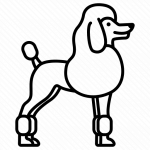

Basset Hound

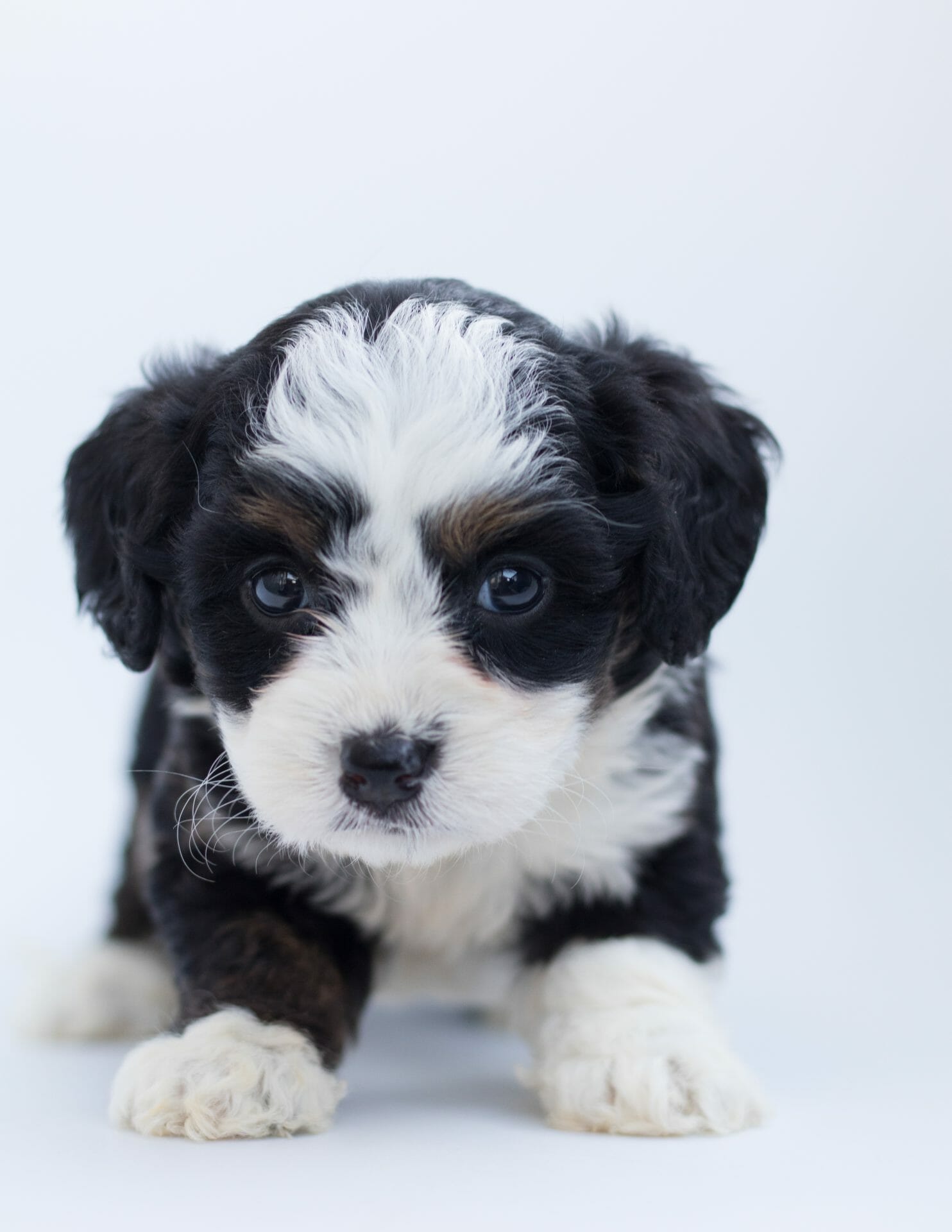

Breed Overview
- The Bassetoodle is a mixture of the Basset Hound and the Poodle, making it an excellent family pet with good energy levels.
- Bassetoodles are known for their low tolerance to being left alone, so prior socialization and training are essential for them to properly adjust when apart from their humans.
- This breed does not do well in cold weather conditions, so exercise should be done during warmer months or indoors if possible.
- The Bassetoodle is an intelligent breed that can learn quickly and excels in obedience classes and agility competitions.
- With proper care, the average life span of a Bassetoodle is between 12-15 years!

Lifespan:
12-14 years

Height:
12-16 inches

Weight:
20-40 pounds
Adaptability:

environment:

Owner Experience:

Weather Tolerance:
Health:

Common Issues:

Teeth care:

Shedding:
Behavior:
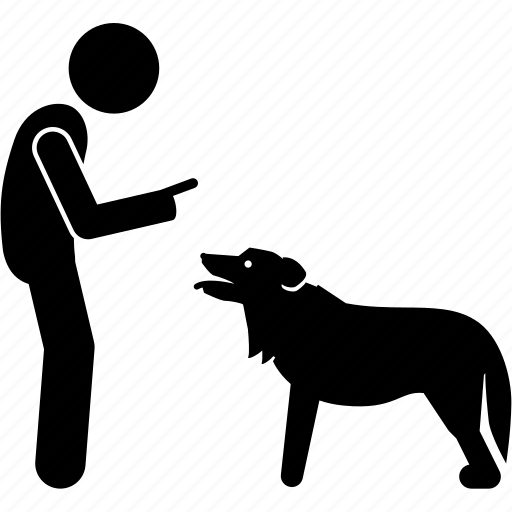
Trainability

Pet Friendly:
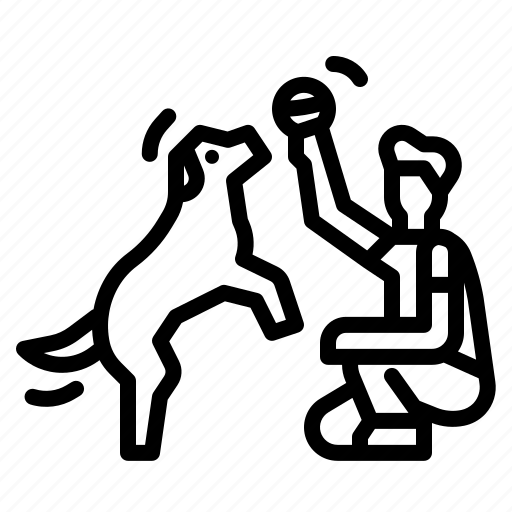
Activity Level:
Coat:

Density:

Length:
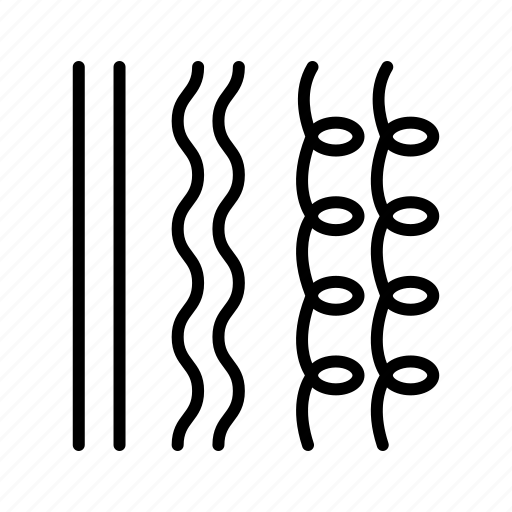
Type:
The coat of the Bassetdoodle is typically wavy or curly
Grooming:

Bathing:
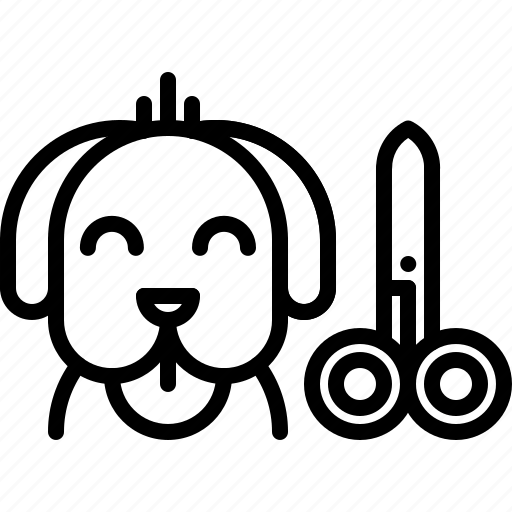
Haircut:

Brushing:
Colors Possibilities:

Eyes:

Nose:

Coat:
1. Bassetoodles are intelligent, and therefore can learn quickly when trained properly.
2. Positive reinforcement is always the best way to train a Bassetoodle; they respond better to reward-based training than punishment-based methods.
3. Socialization at an early age is important for any dog breed; ensure that your Bassetoodle is exposed to different people, animals, environments, etc. in order to help them adjust better to their surroundings later on in life.
4. Mental stimulation is just as important as physical activity when it comes to the Bassetoodle; interactive toys such as puzzle games or treat dispensers will keep him engaged while you provide direction and guidance with commands and treats!
5. As with any breed, consistency is key when it comes to training. Make sure you are providing your dog with the same instruction and reinforcement each time in order for him to best understand what you are asking of him.
1. The Bassetoodle is generally a healthy breed, though they can be predisposed to certain health conditions including hip dysplasia, eye diseases, and bloat.
2. Establishing a regular routine with your dog will help keep them in good physical shape; nutrition and regular exercise are key for the Bassetoodle’s health and well-being.
3. It is important to have your Bassetoodle checked by the vet regularly for any signs of illness or injury; this should include vaccinations, flea/tick prevention, and deworming treatments as recommended.
4. Grooming should also be part of your regular routine with your Bassetoodle, as it helps keep their coat healthy and free from parasites.
5. As with any breed, ensure you provide your Bassetoodle with plenty of love and care; mental stimulation is just as important for a dog’s health as physical exercise!
1. Bassetoodles are generally active and energetic dogs, so they need a balanced diet that can provide them with the necessary energy and nutrients.
2. Choose a high-quality kibble formulated especially for medium to large breeds; this will ensure your pup is getting all of the proteins, vitamins, minerals, and other essential nutrients he needs on a daily basis.
3. While treats are okay in moderation, be sure to use healthy options such as fruits or vegetables instead of processed snacks; too many treats can lead to weight gain in this breed!
4. Always make sure there is plenty of fresh water available for your Bassetoodle throughout the day; dehydration can quickly become an issue if he isn’t drinking enough.
5. Avoid foods with high-fat content, as this can result in digestive and weight issues; fish oils are a good way to ensure your pup is getting the essential fatty acids he needs!
